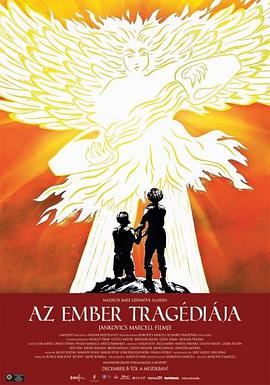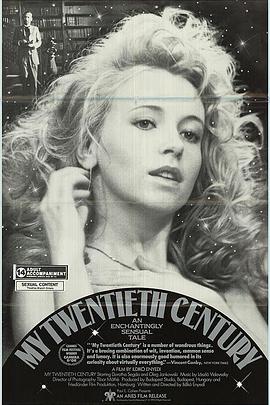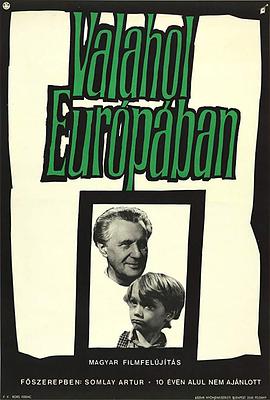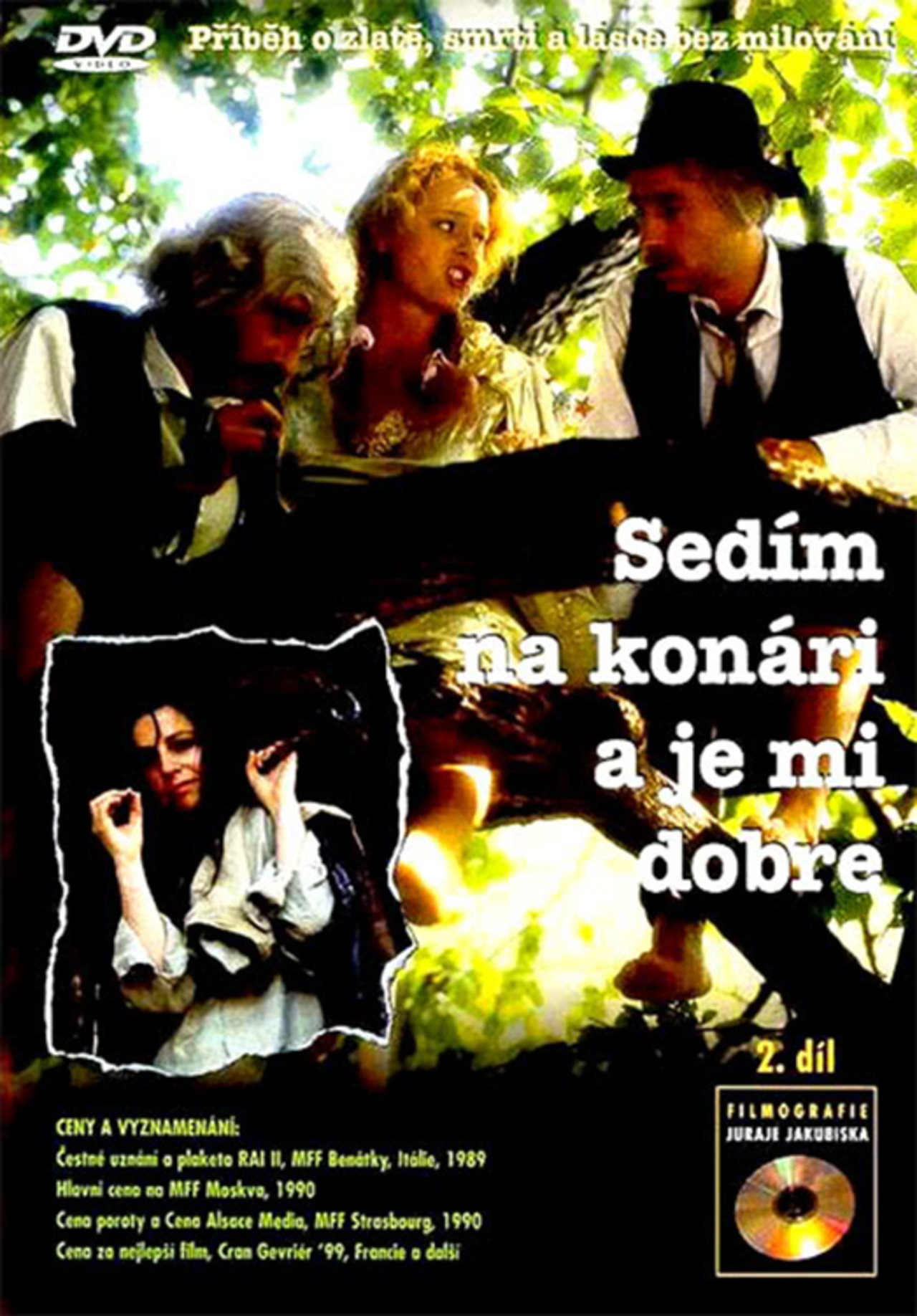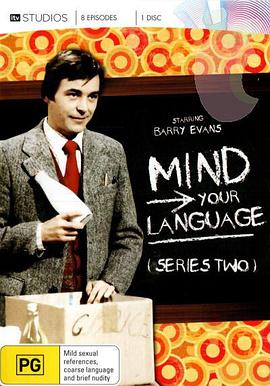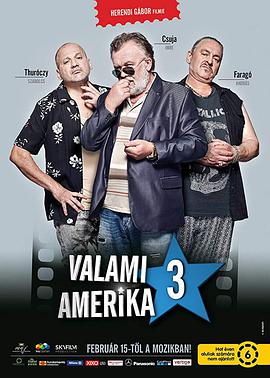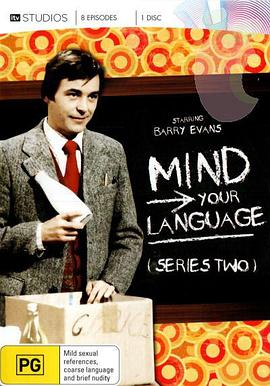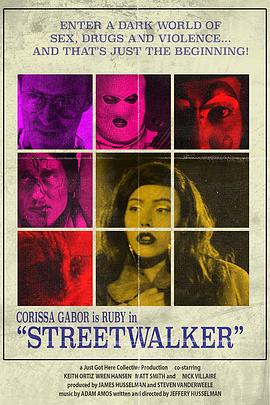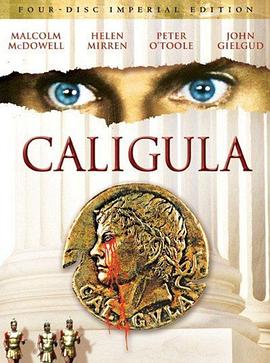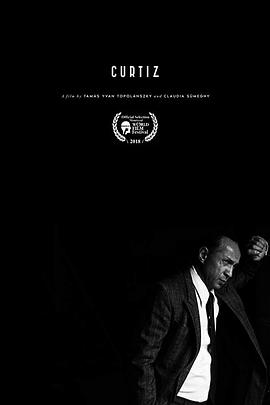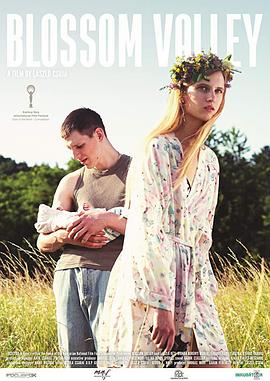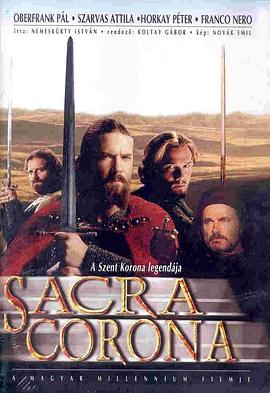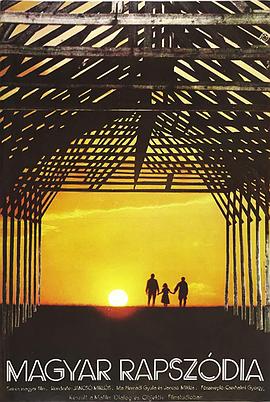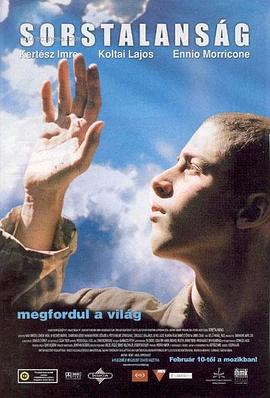Gábor
搜索"Gábor" ,找到 15部影视作品
导演:
/
Radványi Géza
主演:
剧情:
Somewhere in the remote region, the war ends. In the midst of ruined cities and houses in the streets, in rural hamlets, everywhere where people still live, are children who have lost their homes and parents. Abandoned, hungry, and in rags, defenseless and humiliated, they wander through the world. Hunger drives them. Little streams of orphans merge into a river which rushes forward and submerges everything in its path. The children do not know any feeling; they know only the world of their enemies. They fight, steal, struggle for a mouthful of food, and violence is merely a means to get it. A gang led by Cahoun finds a refuge in an abandoned castle and encounters an old composer who has voluntarily retired into solitude from a world of hatred, treason, and crime. How can they find a common ground, how can they become mutual friends? The castle becomes their hiding place but possibly it will also be their first home which they may organize and must defend. But even for this, the price will be very high. To this simple story, the journalist, writer, poet, scriptwriter, movie director, and film theoretician Béla Balázs applied many years of experience. He and the director Géza Radványi created a work which opened a new postwar chapter in Hungarian film. Surprisingly, this film has not lost any of its impact over the years, especially on a profound philosophical level. That is to say, it is not merely a movie about war; it is not important in what location and in what period of time it takes place. It is a story outside of time about the joyless fate of children who pay dearly for the cruel war games of adults. At the time it was premiered, the movie was enthusiastical偷偷掳ly received by the critics. The main roles were taken by streetwise boys of a children's group who created their roles improvisationally in close contact with a few professional actors, and in the children's acting their own fresh experience of war's turmoil appears to be reflected. At the same time, their performance fits admirably into the mosaic of a very complex movie language. Balázs's influence revealed itself, above all, in the introductory sequences: an air raid on an amusement park, seen in a montage of dramatic situations evoking the last spasms of war, where, undoubtedly, we discern the influence of classical Soviet cinematography. Shooting, the boy's escape, the locomotive's wheels, the shadows of soldiers with submachine guns, the sound of a whistle—the images are linked together in abrupt sequences in which varying shots and expressive sharp sounds are emphasized. A perfectly planned screenplay avoided all elements of sen新足球小将粤语timentality, time-worn stereotypes of wronged children, romanticism and cheap simplification. The authors succeeded in bridging the perilous dramatic abyss of the metamorphosis of a children's community. Their telling of the story (the scene of pillaging, the assault on the castle, etc) independently introduced some neorealist elements which, at that time, were being propagated in Italy by De Sica, Rossellini, and other film artists. The rebukes of contemporary critics, who called attention to "formalism for its own sake" have been forgotten. The masterly art of cameraman Barnabás Hegyi gives vitality to the poetic images. His angle shots of the children, his composition of scenes in the castle interior, are a living document of the times, and underline the atmosphere and the characters of the protagonists. The success of the picture was also enhanced by the musical art of composer Dénes Buday who, in tense situations, inserted the theme of the Marseilaise into the movie's structure, as a motive of community unification, as an expression of friendship and the possibility of understanding. Valahol Europaban is the first significant postwar Hungarian film. It originated in a relaxed atmosphere, replete with joy and euphoria, and it includes these elements in order to demonstrate the strength of humanism, tolerance, and friendship. It represents a general condemnation of war anywhere in the world, in any form.
导演:
/
Sándor Cs. Nagy
主演:
剧情:
卡尼古拉是罗马帝国最荒淫,残暴的皇帝之一。这部史诗般的大制作影片描述了这位暴君从杀父篡位到死于乱戟之下的短暂一生,和其中所犯下的种种罪恶和荒淫。影片由意大利著名导演Tinto Brass执导,演员包括Malcol北京卫视直播在线观看m McDowell, Peter O'Toole, John Gielgud。 这部带有强烈背景的电影不一定会绝后,但一定是空前的。它完成于西方性解放的高峰时期,正24小时日本在线观看 www免费是由于该电影的上映,许多国开始施行更为严厉的电影审查和分级制度。 到目前为止,还没有任何一部电影能够拍的如此大气,同时大尺度开放地把人类各种丑恶行径融于一体。 这是一部会在电影史上留下痕迹的,独特机战 私服的电影。尽管一直充满著争议。
导演:
/
Tamas Yvan Topolanszky
剧情:
迈克尔·柯蒂兹是著名的匈牙利裔美国电影导演。他一生中执导了一百多部作品,是历史上最高产的导演之一。他凭借《喋血船长》(1935)、《罗宾汉历险记》(1938)、《春闺四凤》(1938)、《胜利之歌》(1942)、《卡萨布兰卡》魔法科高校的劣等生剧场版(1942)五度提名奥斯卡金像奖最佳导演奖,并最终凭借《卡萨布兰卡》获得该奖项。新闺蜜时代电视剧全集影片《柯蒂兹:卡萨布兰卡之父》改编自他在拍摄影史经典《卡萨布兰卡》期间的真实经历,展示了二战前夕,柯蒂兹是如何在创作的同时,一面应对政治的干扰,一面处理与女儿的疏远关系。
导演:
/
米克洛什·扬索
主演:
剧情:
Hungarian Rhapsody (Magyar Rapszodia) is the first chapter of director Miklos Jancso's two-part dramatized 人与人是怎么交流配视频history of Hungary, from the turn of the century, to World War II. The story is told from the vantage point of Gyorgy Cserhalmi, the son of a wealthy landowner. During World War I, Cserhalmi is instrumental in quelling an army mutiny. Upon realizing that he has been responsible for the deaths of several peasant conscripts, Cserhalmi vows to be a "man of the people" when战狼2电影 hostilities cease. He joins a communist cell, but finds he is woefully out of place. Throughout the 1920s and 1930s, Cserhalmi's political viewpoint is governed almost exclusively by his vacillating emotions. The 穿越之我是还珠格格txt下载film is enhanced with a "Russian Roulette" leitmotif, not unlike the fatalistic throughline of Michael Cimino's The Deer Hunter. Director Jancso followed Hungarian Rhapsody with Allegro Barbaro; both films were originally released in tandem, then redistributed as separate features. ~ Hal Erickson, All Movie Guide
导演:
/
拉乔斯·科泰
主演:
剧情:
二战期间,战雅玛网争与死亡的阴云笼罩整个欧洲,无一国家幸免。 居住在匈牙利的14岁犹太青年卡维(Marcell Nagy 饰),在乘车探望父亲的路上被纳粹军人拦下,随后被送往集中营。在这个非人的所在,死亡、疾病、虐待、恐惧时刻威胁着他们的生命。听取了好友凯尔泰斯的建议,卡维发誓无论如何也要活着走出这个人间地狱…… 本片根据2002年度诺贝尔获奖作家伊姆雷•凯尔泰兹(Imre Kertész)的同名小说改编,并荣获2005年波兰Camerimage电影节金蛙奖和2005年哥本哈根国际电成人电影百度影音影节最佳摄影奖。


